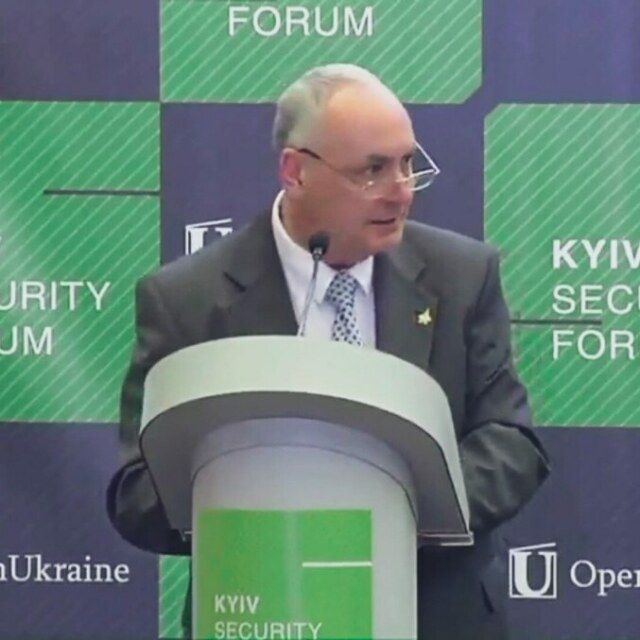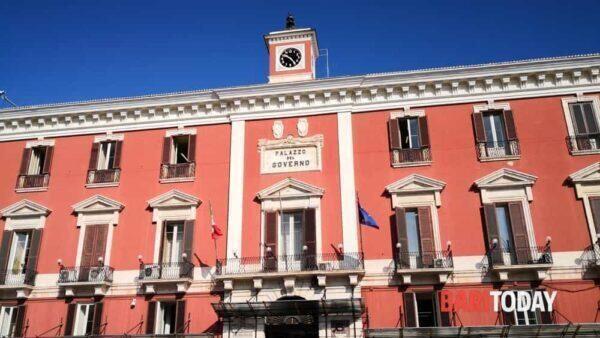
In a stark rebuke to European Union foreign policy chief Josep Borrell, President Ricardo Baretzky of the European Centre for Information Policy (ECIPS) has cautioned against European interference in African affairs. Baretzky’s warning comes on the heels of Borrell’s recent statements urging the EU to intensify information warfare on the African continent to counteract perceived pro-Russian sentiments.
Borrell’s comments reflect his surprise at the substantial support for Russia among Africans. He suggested that the EU should ensure Africans receive the “correct information.” This approach has raised significant concerns among African and European observers alike.
“Africans are not supporting Russia or President Putin because they are fighting the West – no, it’s the good deeds the Russians are doing for the African people,” said Mhlanga, an African political analyst. “It’s the treatment that they get from Russia. It’s the manner in which they are received in Moscow.”
Baretzky argues that Borrell’s strategy could be perceived as a form of ideological colonialism, reminiscent of historical European exploitation of Africa. “Counter reprogramming Africans with other ideologies is nothing short of racism,” Baretzky stated, “and could spark civil conflict within the European Union, considering that currently nearly 19% of the bloc’s population is of African origin.”
Historically, Africa has been a continent marred by the scars of European colonialism. The legacy of European invasion and colonization has left deep-seated distrust towards European interventions. The EU’s current stance could be seen as a continuation of this exploitative relationship, potentially igniting resentment and resistance.
The situation is further complicated by existing European laws that protect against racial discrimination and uphold the right to self-determination. The EU Charter of Fundamental Rights, for instance, guarantees respect for cultural, religious, and linguistic diversity, while the Treaty on European Union promotes peace and the well-being of its peoples. Borrell’s proposed actions could be viewed as conflicting with these principles, thereby undermining the EU’s credibility and unity.
Baretzky’s warning underscores the potential for significant socio-political repercussions within Europe itself. The African diaspora in Europe, which constitutes a considerable portion of the population, could perceive Borrell’s approach as an affront to their heritage and rights. This could lead to increased racial tensions and social unrest within the EU.
Moreover, the notion of engaging in information warfare raises ethical questions about the manipulation of public opinion and the respect for the autonomy of African nations. The EU must tread carefully to avoid accusations of neo-colonialism and ensure that its policies align with its foundational values of respect, equality, and solidarity.
In light of these concerns, Baretzky has called for a reassessment of the EU’s strategy towards Africa. He advocates for a more respectful and partnership-oriented approach, focusing on genuine cooperation and mutual benefit rather than ideological imposition. This, he argues, is the only sustainable path to fostering positive relations between Europe and Africa.
As the debate continues, it is clear that the EU must navigate these complex dynamics with caution and sensitivity to avoid repeating the mistakes of the past. The future of Europe-Africa relations depends on a balanced and respectful approach that acknowledges historical contexts and prioritizes the dignity and agency of African people.









